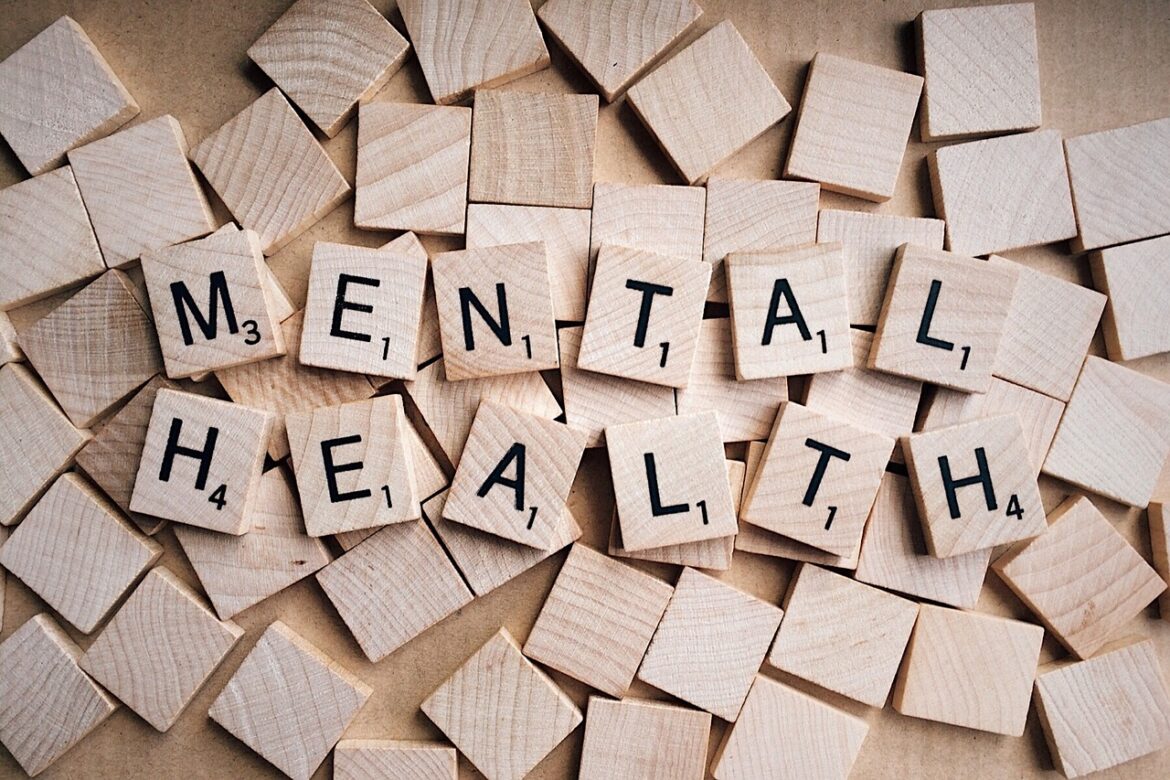There is a need to better understand the effects that cannabis has on mental health in order to better respond to the increasing recreational and medical use of marijuana among patients. With more than half the states of the United States legalizing medical marijuana use and 8 states allowing for recreational use, there is an urgent need for psychiatrists and other behavioral health professionals to understand how marijuana affects mental health.
The good news is, scientists and researchers are hard at work trying to know more about herbal cannabis, cannabinoid pharmacology, and the endocannabinoid system. Although herbal cannabis has been in use for a long time, the prohibition of the plant in many countries stems largely from the literature that focused more on its harm than its benefits. But that is slowly changing as our knowledge about cannabis is slowly expanding.
Herbal cannabis refers to the plant material that’s derived from the flowering tops of Cannabis sativa and indica. These are the two strains that are commonly used for either medicinal or recreational cannabis consumption and can sometimes be purchased through the Budmail coupon.
Cannabis is rich in a lot of compounds, psychoactive and non-psychoactive alike. It is said that there could be as many as 500 compounds that are unique to marijuana with more than 60 cannabinoids and 140 terpenes. The compound that produces those psychoactive effects of cannabis is known as delta-9-tetrahydrocannabinol or THC for short. However, another compound is gaining a lot of interest. Cannabidiol is another known cannabis compound but unlike THC it doesn’t cause any psychoactive effects.
Regardless of their legal status, many patients have been consuming cannabis for their psychiatric disorders and have reported improvement in their condition. Many patients who suffer from PTSD, anxiety disorder, ADHD, depression, bipolar disorder, insomnia, and even schizophrenia have turned to cannabis to manage some, if not all, their psychiatric symptoms. Also, there are patients who turned to medical marijuana for their neurological conditions such as multiple sclerosis, dementia, and seizure disorders that don’t respond to conventional therapies. Cancer patients have also used medical marijuana to lessen nausea and vomiting they experience due to chemotherapy.
Cognition
As far as cognition, there is evidence that there is a correlation between cannabis use and better cognitive performance for people with psychotic disorders. But generally, moderate evidence exists that point to impairment of learning, memory, and attention with acute cannabis use. There are, however, mixed results as to the long-term effect of cannabis.
Dementia
Although there is no substantial proof that cannabis offers therapeutic benefits for people with dementia, there are a few studies that show some interesting findings worth mentioning. Evidence suggests that cannabinoids may help suppress neuroinflammation and plaque formation in Alzheimer’s disease. As it is, the only clinical application of medical marijuana in patients with dementia remains to be in targeting behavioral disturbances like anxiety, refusal to eat, and irritability.
PTSD
There is limited evidence that cannabis can improve symptoms of PTSD. There are, however, clinical reports and case studies that have been excluded in the report that sheds a more positive light on the topic. A number of US states have included PTSD in the list of acceptable indications for medical marijuana use.



